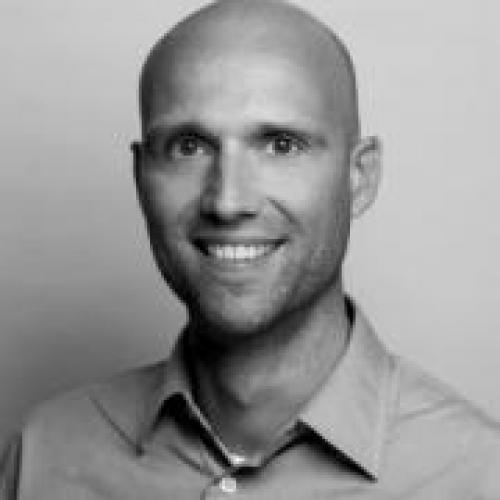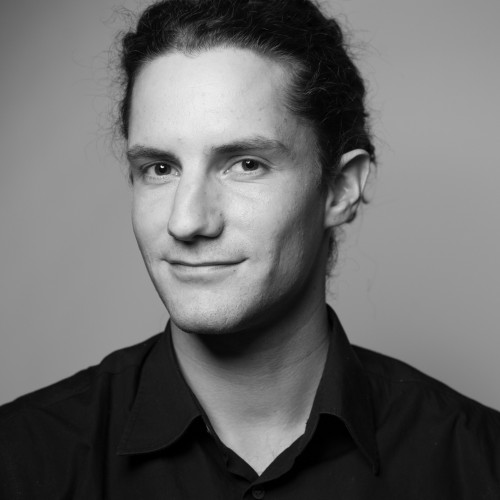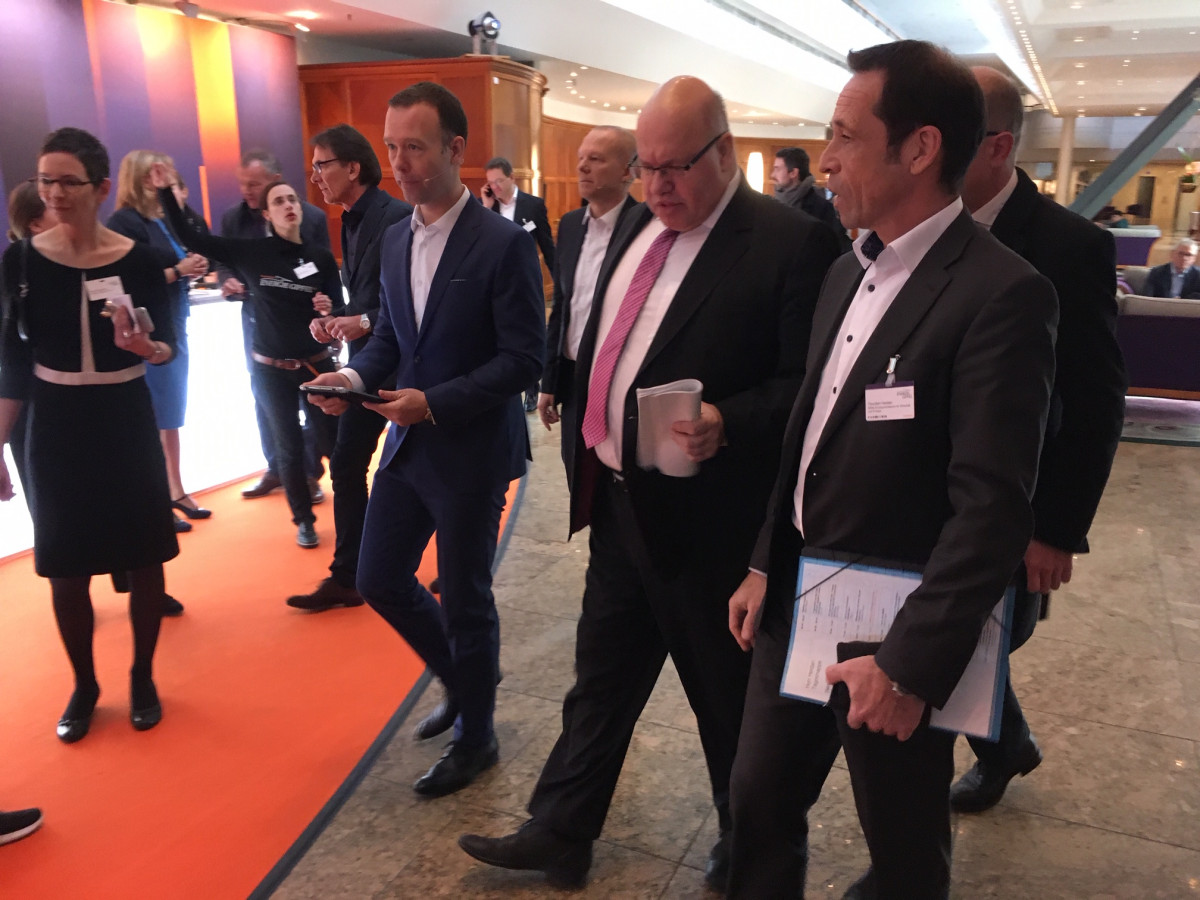Blog: Energy firms discuss their role in key year for German energy transition
Germany should focus on how to accelerate renewables build-up – RWE CEO
Germany should do more to allow for a faster build-up of renewable energy sources rather than focus too much on decommissioning individual coal plants, the CEO of energy company RWE, Rolf Martin Schmitz, said. The increase of renewable power production was pushing coal-fired power plants out of the market anyway, he said. The country needed to speed up the extension of its power grid and work towards better acceptance of new installations. However, fossil fuel-powered plants would remain necessary to secure electricity supply at all times, Schmitz said. Therefore, the country needed to think about incentives to build new power plants to avoid a gap in supply security once older plants retired and nuclear power stations went offline.
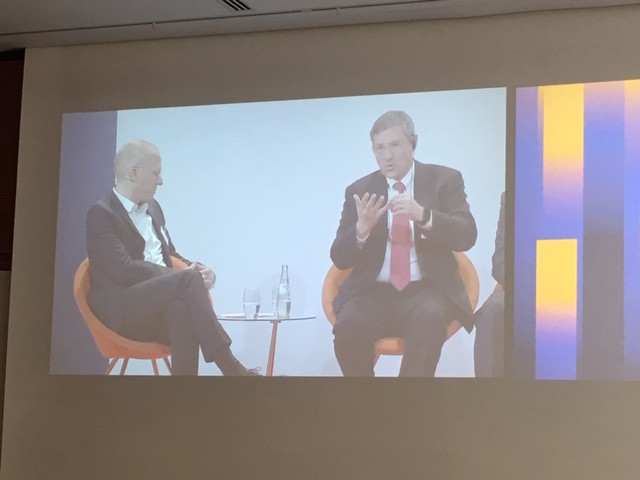
US still has "healthy debate" about faster emission reduction – Exxon manager
The United States still leads a healthy debate about how to accelerate the reduction of greenhouse gas emissions despite the decision of the Trump administration to leave the Paris climate agreement, said the president of ExxonMobil Europe, Philippe Ducom. Exxon had told the administration that the agreement provided a good global framework, and has been advocating a revenue-neutral carbon tax.
At the same panel, the CEO for offshore of Danish energy company Örstedt, Martin Neubert, said that many renewable energy sources were now attractive economically, pointing to the sharp drop in cost for offshore wind for example off the coast of the eastern United States. "The question has always been: How many renewables can we afford? Now the question is: Can we afford not to have more renewables?" he said.
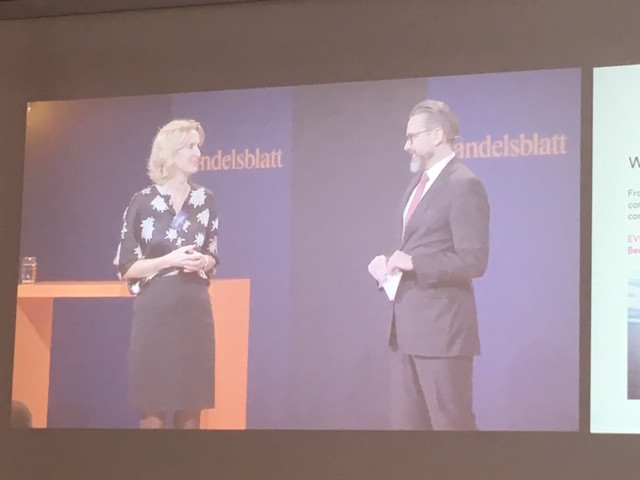
Germany should make more use of “gold mine” offshore – Equinor VP
The country of the Energiewende should offer more opportunities for companies to invest in offshore wind power generation, the vice president for marketing, midstream & processing of Norwegian gas company Equinor, Irene Rummelhoff said. The zero-subsidy bids in the offshore wind tenders have shown that this could be a “gold mine” for the country. Overall, the world needed as much renewables as possible in the shift to a climate-friendly energy system. While Germany has led the way on renewables, the country had failed to show the same kind of leadership on coal. “The world needs to phase out coal,” she said, promoting gas as a low-carbon alternative.
Shaping sustainable societal transformation motivates employees, says EnBW CEO
Utilities need to change their culture and become an active part in the transformation towards a more sustainable society, the chief executive of utility EnBW, Frank Mastiaux told energy managers at the conference. So far, utilities only reacted to the pressures from the Energiewende. “We should not only follow an agenda, but set it,” he said. This required companies to push “the cultural reset button” and become more innovative and creative and look into the broader issues of society. “A purposeful approach towards a sustainable transformation of society is a strong motivator for employees,” Mastiaux said, adding that companies had to show what their value for society was in order to get and to retain qualified employees.
Head of utility @EnBW #Mastiaux says at #HBenergie #utilities have to push "cultural reset button" in #energiewende; ENBW on track to restructure, "but are we really creative, innovative enough?" Says sector has only reacted and not actively shaped #energytransition pic.twitter.com/hDmEQsKMUz
— Sven Egenter (@segenter) January 22, 2019
Geopolitics of Nordstream 2 pipeline for politicians to decide – Fortum CEO
The geopolitics of gas pipeline Nordstream 2 is for politicians to decide, the head of Finnish energy company Fortum Pekka Lundmark said. “We as most companies would say we are not political actors. We do not take part in geopolitical decisions, politicians need to do that, then companies can act.” For Uniper, where Fortum holds a 47 percent stake, the decision to invest in the pipeline made sense. "From a commercial point of view it is entirely understandable that they are there," he said.
German energy minister says half of country's coal capacity will still run in 2030
German energy and economy minister Peter Altmaier said that he did not want to pre-empt the results of the impending final report by Germany’s coal exit commission, which is due on 1 February. However, he stressed that since Germany will phase out nuclear power by the end of 2022, the end of coal “will take a longer time,” he said. “By 2030, we’ll certainly still have about half of today’s capacity,” Altmaier said, reiterating an earlier proposal that the coal phase-out would have to be reviewed around that year.
Germany could not end coal as quickly as France or Finland, where older nuclear plants will keep running and new ones are being built. By continuing to use coal, Germany “is not clinging on to old technology but acts prudently in terms of energy policy” to ensure supply security and affordable prices. “The vast majority in Germany backs a nuclear exit. So this is settled,” Altmaier said, adding that financial support for energy intensive companies and a greater opening of European energy markets had to accompany the country’s coal exit.

